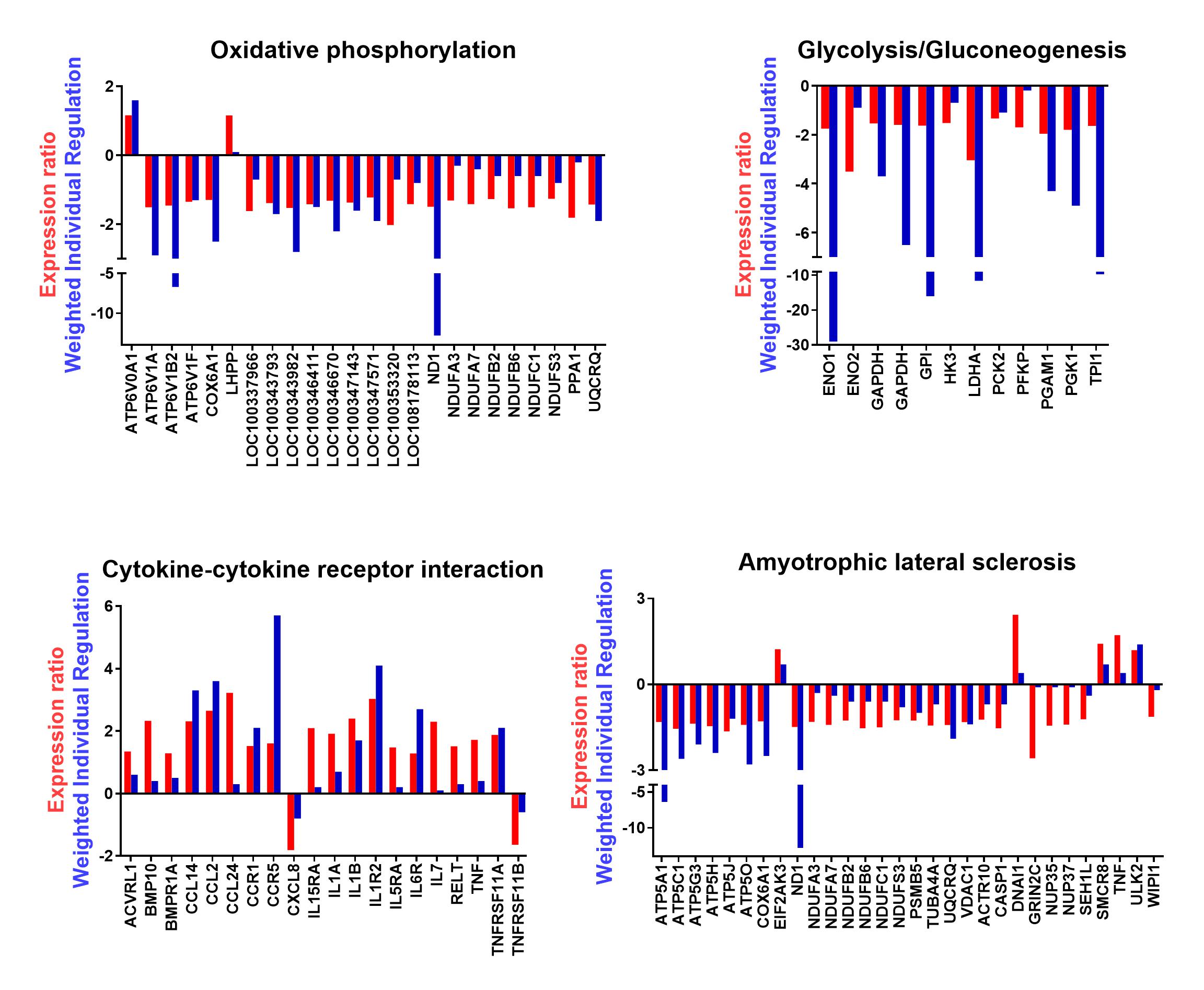Significance
Intraventricular hemorrhage (IVH) is the most common neurological disorder of premature infants and remains a major cause of white matter injury in the survivors. No therapeutic strategy exists to prevent IVH-induced hypomyelination and cerebral palsy in these infants. We showed that pharmacological or genetic activation of peroxisome proliferator activated receptor-γ (PPAR-γ) ameliorated inflammation, oligodendrocyte progenitor cell (OPC) maturation, myelination, and motor function in rabbit kits with IVH. PPAR-γ activation also promoted microglial phagocytosis but did not reduce hydrocephalus. Transcriptomic analyses identified previously unrecognized PPAR-γ–induced genes in the isolated OPCs and microglia, which would reprogram these cells toward reducing inflammation and promoting myelination. The study highlights PPAR-γ–induced reversal of white matter injury in premature newborns with IVH and the underlying mechanisms.
Abstract
Intraventricular hemorrhage (IVH) results in periventricular inflammation, hypomyelination of the white matter, and hydrocephalus in premature infants. No effective therapy exists to prevent these disorders. Peroxisome proliferator activated receptor-γ (PPAR-γ) agonists reduce inflammation, alleviate free radical generation, and enhance microglial phagocytosis, promoting clearance of debris and red blood cells. We hypothesized that activation of PPAR-γ would enhance myelination, reduce hydrocephalus, and promote neurological recovery in newborns with IVH. These hypotheses were tested in a preterm rabbit model of IVH; autopsy brain samples from premature infants with and without IVH were analyzed. We found that IVH augmented PPAR-γ expression in microglia of both preterm human infants and rabbit kits. The treatment with PPAR-γ agonist or PPAR-γ overexpression by adenovirus delivery further elevated PPAR-γ levels in microglia, reduced proinflammatory cytokines, increased microglial phagocytosis, and improved oligodendrocyte progenitor cell (OPC) maturation in kits with IVH. Transcriptomic analyses of OPCs identified previously unrecognized PPAR-γ–induced genes for purinergic signaling, cyclic adenosine monophosphate generation, and antioxidant production, which would reprogram these progenitors toward promoting myelination. RNA-sequencing analyses of microglia revealed PPAR-γ–triggered down-regulation of several proinflammatory genes and transcripts having roles in Parkinson’s disease and amyotrophic lateral sclerosis, contributing to neurological recovery in kits with IVH. Accordingly, PPAR-γ activation enhanced myelination and neurological function in kits with IVH. This also enhanced microglial phagocytosis of red blood cells but did not reduce hydrocephalus. Treatment with PPAR-γ agonist might enhance myelination and neurological recovery in premature infants with IVH.
